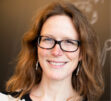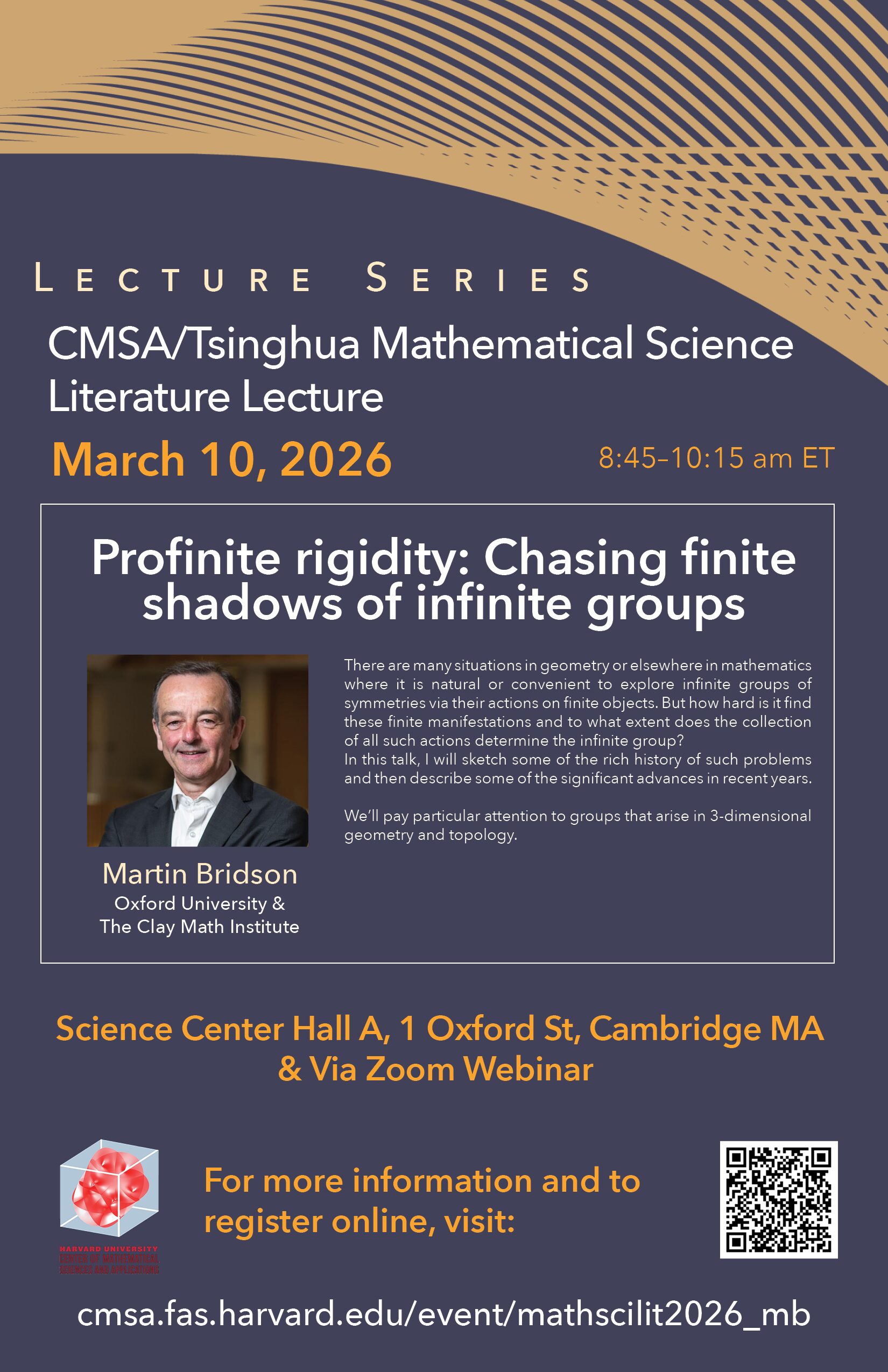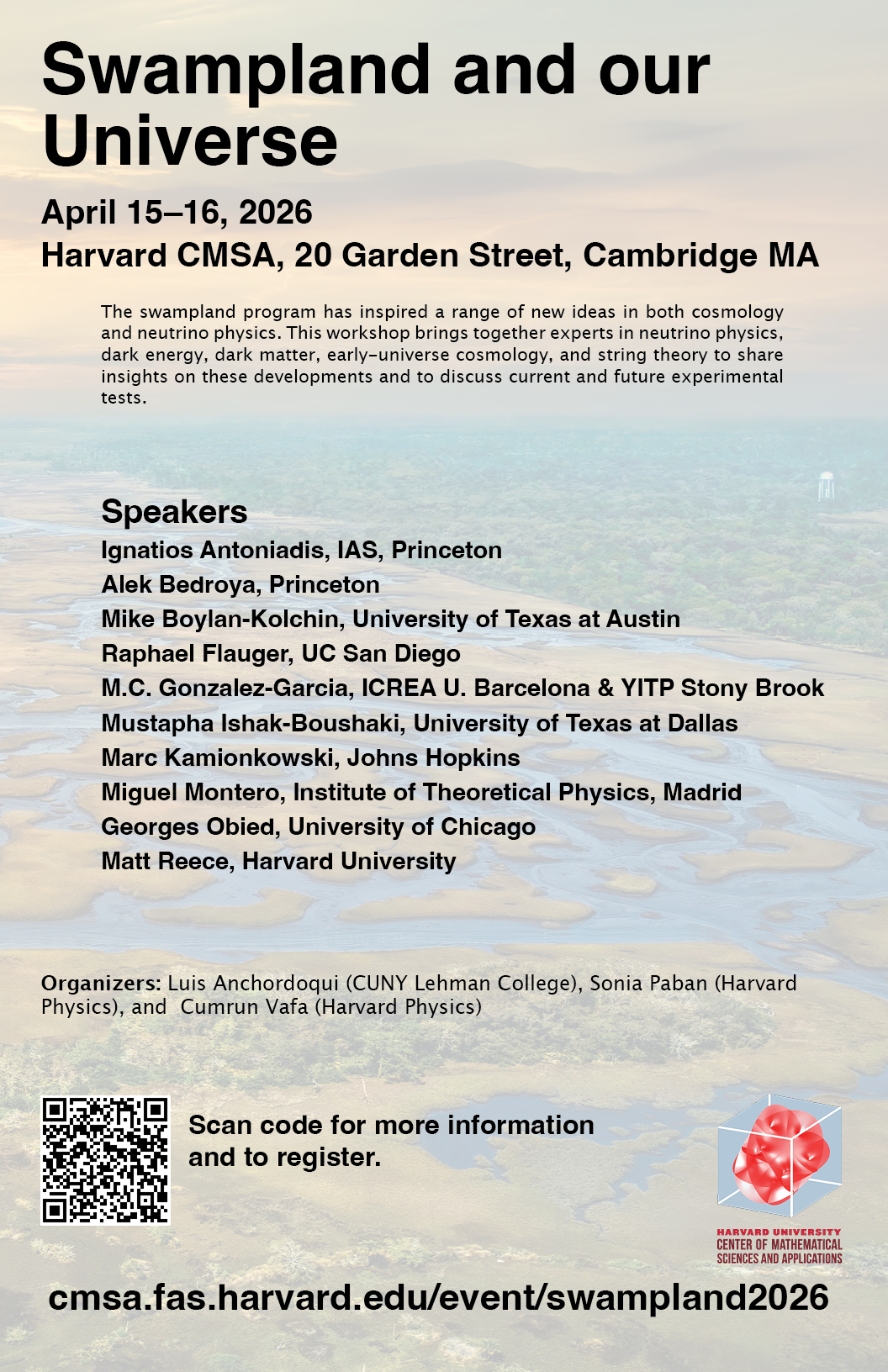Laura DeMarco Appointed Hollis Professor of Mathematicks and Natural Philosophy
We are delighted to announce that Professor Laura DeMarco was appointed the Hollis Professor of Mathematicks and Natural Philosophy. The Hollis Professorship is the second...
Read more




